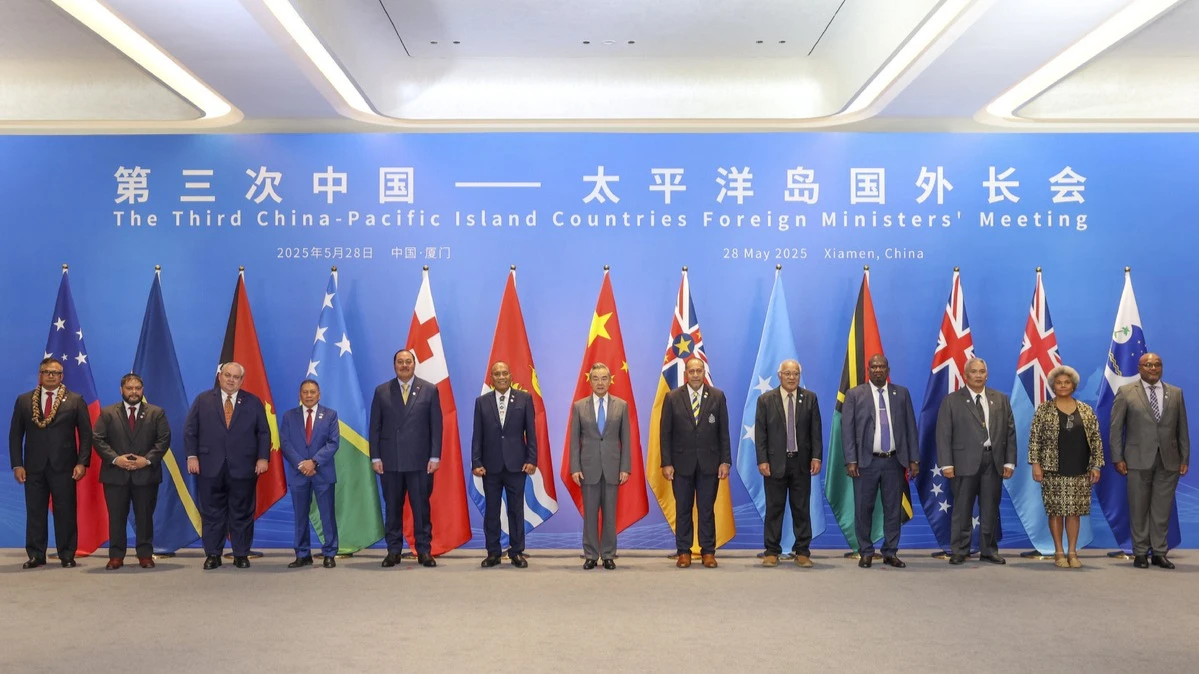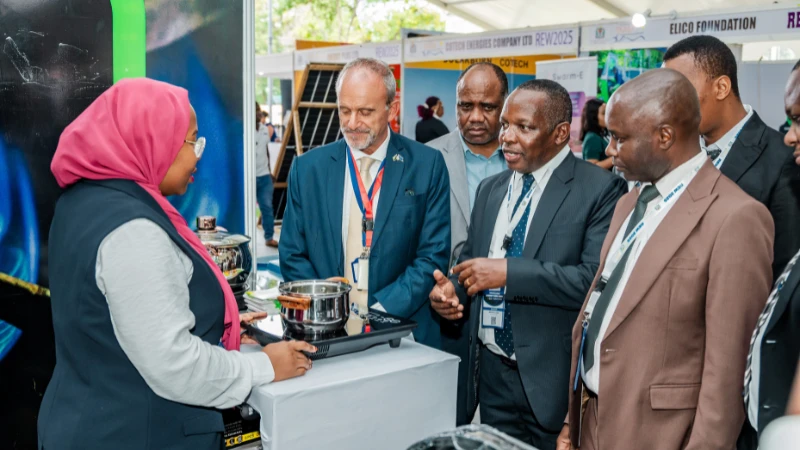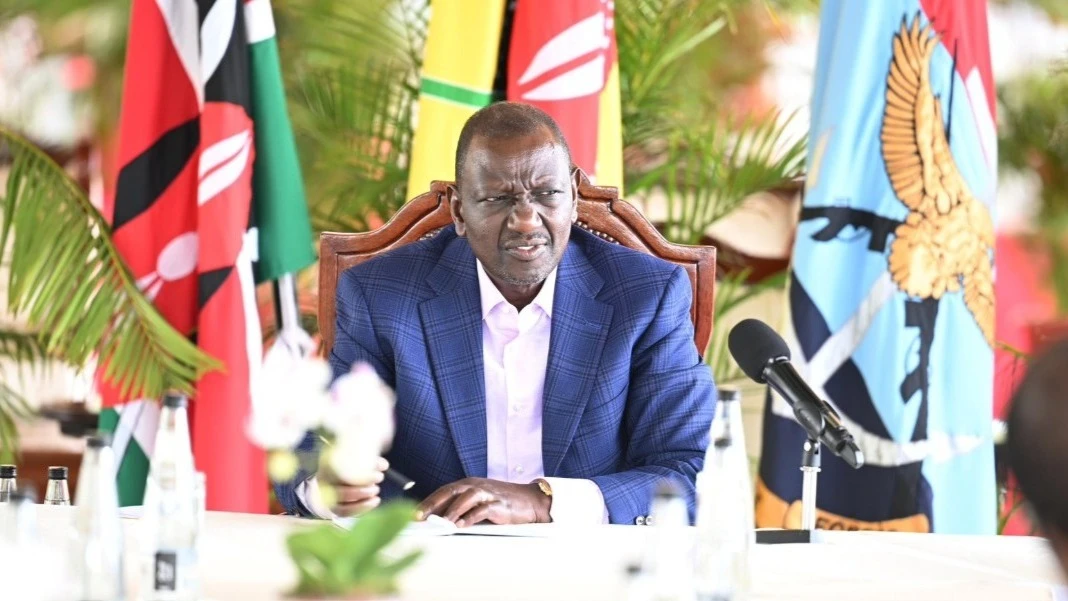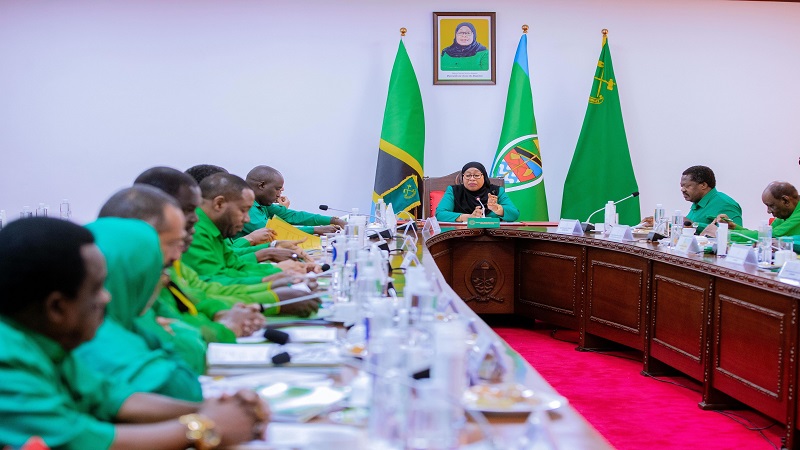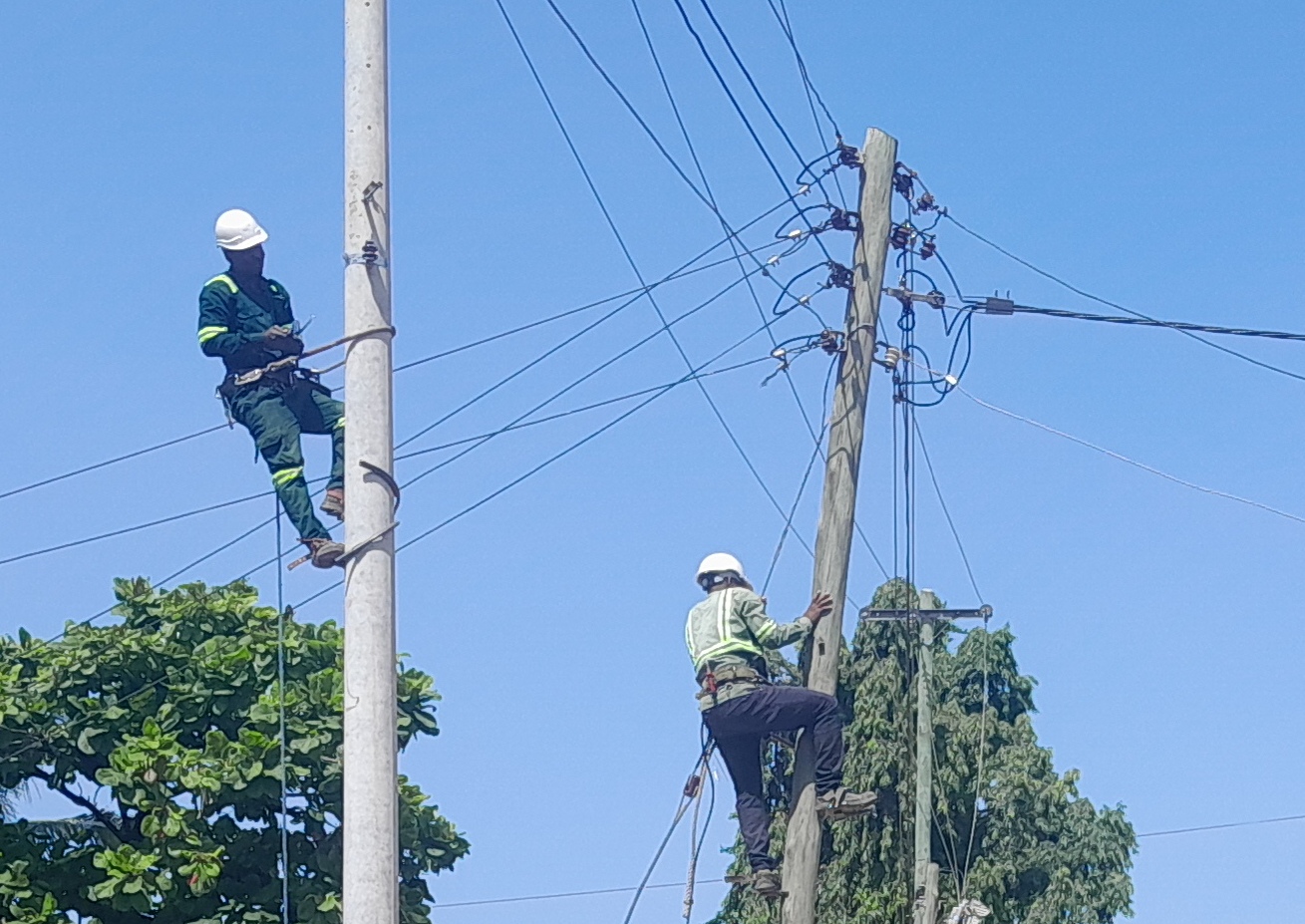Tanzania marks World Donkey Day with a call for compassion and conservation
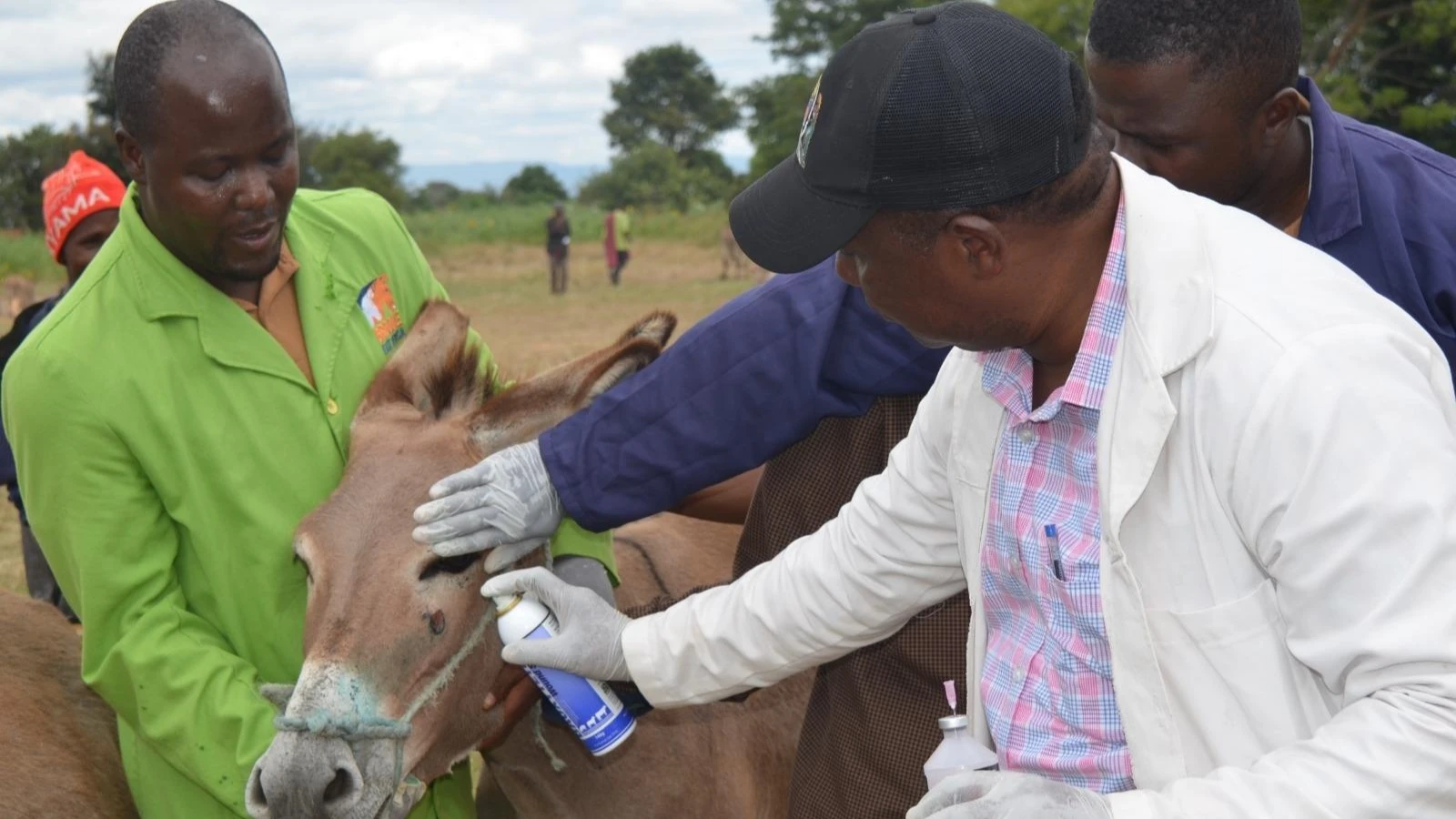
IN many parts of Tanzania, the humble donkey remains an unsung hero, but this past week, in the red soils and thorn bushes of Chambalo village in Chemba District, Dodoma Region, the animal finally received the recognition it deserves.
Tanzania joined the global community on May 17th in commemorating the World Donkey Day, a moment dedicated not just to appreciating the beast of burden, but to reshaping how it is treated in rural communities.
The national event brought together government officials, livestock experts, veterinarians and hundreds of villagers in a day filled with education, free veterinary care and heartfelt dialogue.
Donkeys are essential to life; they fetch water, transport firewood and produce as well as supporting household businesses. In places where motor vehicles are rare and limited infrastructure, donkeys provide a lifeline, particularly for women and children.
This year’s commemoration in Chambalo was marked by practical support whereby over 400 donkeys were vaccinated and treated for wounds and infections, many of which stemmed from overuse, improper harnessing, or lack of basic animal welfare knowledge.
Tanzania marked the day from May 16th to 17th instead of May 8th to ensure a good number of people take part at the event and tailor the event to local realities—without diminishing its alignment with the global cause. It was organized by Inades Formation Tanzania in collaboration with Arusha Society for the Protection of Animals (ASPA), with funding from Brooke East Africa.
Mbarwa Kivuyo, Director of Inades Formation Tanzania, said the event aimed to shift public perceptions. “Today is not just about celebrating donkeys, it’s about changing how we relate to them. Many people see donkeys as tools, not living beings. But they are central to rural economies, and their wellbeing directly affects household income and productivity,” he added.
Workshops were held throughout the day, training donkey owners in humane handling, proper feeding, and basic veterinary care. Participants learned how to tie safe harnesses, make padded saddles to prevent back injuries and allow rest breaks to avoid overexertion.
Pupils from various primary schools in the ward were also trained on how to handle donkeys, making them friendly.
“Donkeys undergo stress and they need to be shown love and care just like other animals”, said Diana Msemo, ASPA’s Education Officer while addressing pupils at Kambi ya Nyasa Primary School.
During the event Inades Formation Tanzania launched a significant publication focusing on donkey welfare. The initiative is part of the organization's broader efforts to advocate for the humane treatment and conservation of donkeys in the country.
The publication delves into the policy and legal frameworks surrounding donkey welfare in Tanzania, highlighting gaps and challenges in enforcement and prosecution related to donkey slaughter and the trade of donkey hides.
The study, supported by Brooke East Africa aims to inform and influence policy reforms to better protect donkeys.
Inades Formation Tanzania has been actively involved in donkey welfare advocacy since 2019, particularly in Singida and Iringa regions. Their efforts include educating communities on proper donkey care and the importance of these animals in rural livelihoods
For many attendees, it was the first time they had received such guidance. Zainabu Yahaya, a mother of five from Itolwa village, was visibly moved after seeing her donkey, Mbaraka, treated for saddle sores.
“I never thought he could feel pain like we do,” she admitted. “We just used to load him and hit him to move. Now I know better. They showed me how to make a soft pad from old clothes. I will do my best for him now.”
Samson Msangi, a young farmer who owns two donkeys, said he thought his animals were lazy. “They would stop in the middle of the path, and I’d beat them. But today I learned they stop when they are in pain or scared. From now on, I will treat them better.”
Science backs these experiences. According to Charles Ukula, a livestock specialist at Inades Formation Tanzania, donkeys are highly intelligent and emotionally sensitive animals. “They are not stubborn,” he explained. “They are cautious. If they feel unsafe, they won’t move. If they’re hungry or sick, they slow down. It’s up to us to pay attention.”
Ukula emphasized that donkeys should not be overworked. He said an adult donkey can safely carry up to a third of its body weight or pull carts up to twice its weight. Exceeding those limits can lead to injuries, disease, and even premature death.
“Some people force young donkeys—less than three years old—to carry heavy loads. This stunts their growth and weakens their bones. Proper care means you’ll have a healthier, more reliable donkey for longer,” he said.
Donkey welfare is not only about animal rights, it’s about economic sustainability. A donkey can cost between 150,000/- and 300,000 /-, a significant investment for a rural family. But many of these animals die or become unusable within just a few years due to neglect.
“Families are losing money and opportunities,” said Kivuyo. “If they invest in care, feeding, resting, treating wounds—they get more work done, spend less on replacements, and improve their standard of living.”
Beyond work, donkeys have profound social and educational impacts. In households that own donkeys, children especially girls are freed from time-consuming chores like fetching water or carrying firewood. That extra time can be used for schoolwork or attending class.
“It’s not just about transport,” said Kivuyo. “It’s about time. When a family has a donkey, it gains hours every day. That time can be used to grow food, run a business, or send children to school. That’s dignity.”
World Donkey Day also drew attention to a growing threat: the commercial slaughter of donkeys for their hides, driven by global demand particularly in Asia for products like ejiao, a traditional remedy believed to have medicinal benefits.
Benezeth Lutege, Director of Livestock Services at the Ministry of Livestock and Fisheries, warned that Africa’s donkey population is under severe threat.
“In 2021, Africa had around 53 million donkeys,” he said. “But nearly six million were being killed annually to meet export demands. If that continues, donkeys could disappear in our lifetime.”
In response, African Heads of State met in Dar es Salaam in 2021 and agreed to a 15-year ban on the trade of donkeys and their by-products. This moratorium, Lutege said, is meant to allow the population to recover.
“We will monitor births, deaths, and usage during this period,” he said. “After 15 years, we will assess whether limited trade is possible. But for now, the priority is protection.”
Lutege encouraged local farmers to use this time to build up healthy, sustainable donkey populations. “There may come a time when ethical trade is allowed,” he said. “Communities that have treated their donkeys well will benefit most.”
The government is also working on a draft donkey welfare policy to guide future regulations. Proposed measures include age restrictions on load-bearing, mandatory rest periods, routine veterinary care, and possibly a retirement system for aging donkeys.
As part of outreach efforts, organizations plan to establish regional donkey care centers that will offer training, veterinary services, and educational materials. There are also discussions to integrate animal welfare education into school curricula.
At the Chambalo celebrations, these messages were brought to life through music, drama, and poetry. Local youth performed skits showing the consequences of mistreating donkeys and the benefits of kindness and care.
One skit featured a boy who loses his donkey after years of abuse, only to learn the hard way that machines and vehicles cannot access the steep, rocky paths that his donkey once conquered with ease. The drama ended with a message: “Heshimu Punda, utapata baraka” – “Respect the donkey, and you will be blessed.”
That message resonated deeply in Chambalo. After the event, donkey owners queued to collect educational leaflets, ask questions, and book follow-up visits for their animals.
As the sun dipped behind Chemba hills, the braying of donkeys could still be heard in the distance—no longer ignored, but acknowledged. What had been, for decades, a background presence in Tanzanian rural life was now, if only briefly, front and center.
The challenge now is ensuring the momentum does not fade. Advocacy groups are pushing for more investment in rural veterinary services, enforcement of welfare standards, and community-led breeding programs.
World Donkey Day may only come once a year, but for the people of Chambalo, donkeys that carry their water, food, and hopes it is a reminder that the road to a better life can begin with the quiet steps of a compassionate journey.
Top Headlines
© 2025 IPPMEDIA.COM. ALL RIGHTS RESERVED













